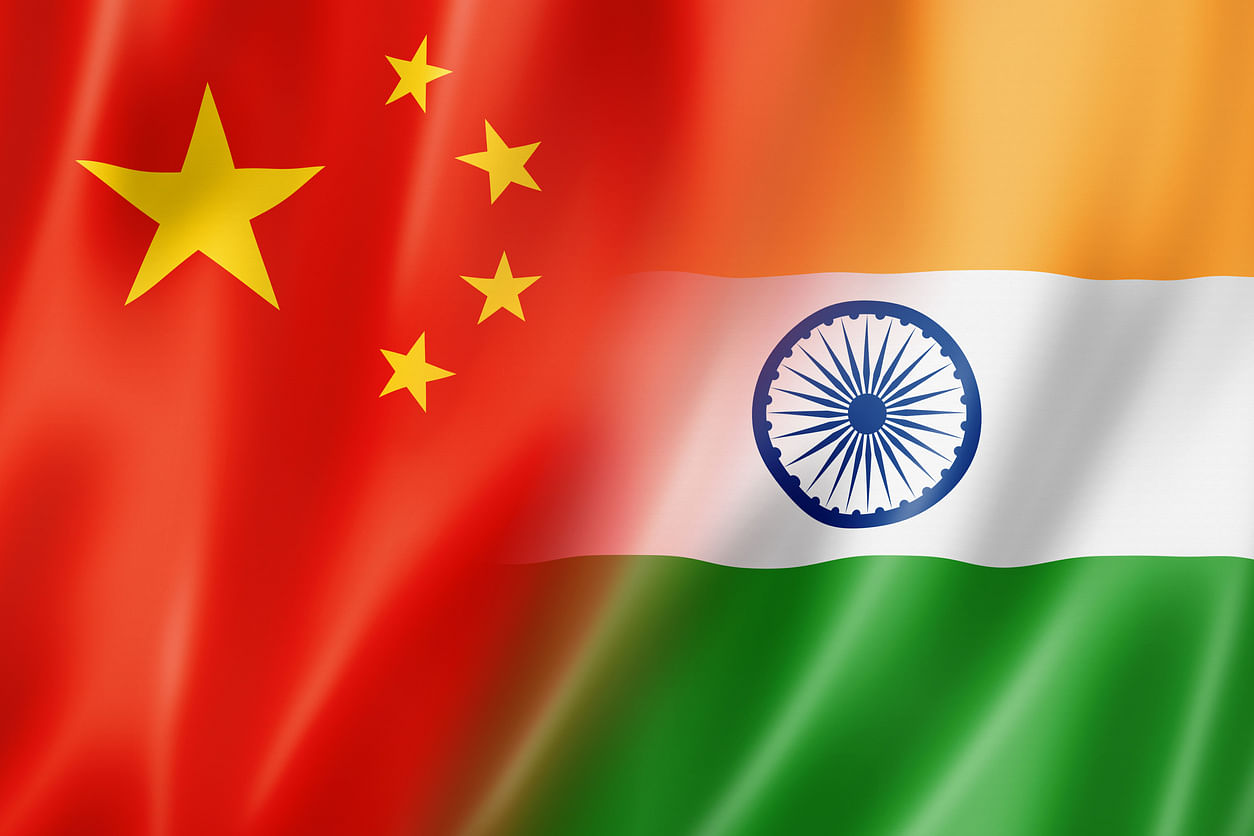
India on Tuesday blamed China for the violent face-off in Galwan Valley, saying the incident happened because the People’s Liberation Army (PLA) made an attempt to depart from the consensus to respect the Line of Actual Control (LAC) in the area.
The Ministry of External Affairs (MEA) issued a statement countering Beijing’s attempt to lay the blame on India. It said that while New Delhi remained convinced on the need to resolve differences through dialogue, it was also “strongly committed to ensuring sovereignty and territorial integrity” of India.
Hours after Beijing warned the Indian Army against any move to “cross the border”, MEA spokesperson Anurag Srivastava alleged that the face-off took place because the PLA made an attempt to “unilaterally change the status quo” in Galwan Valley. “Both sides suffered casualties that could have been avoided had the agreement at the higher level been scrupulously followed by the Chinese side,” said Srivastava.
Beijing earlier lodged a “strong protest” with New Delhi demanding that India strictly restrain its frontline troops and make sure that they “do not cross the border, do not take provocative acts, do not take any unilateral actions that will complicate the border situation”.
New Delhi's envoy to Beijing, Vikram Misri, was summoned to the Ministry of Foreign Affairs of Chinese Government, where the Vice Foreign Minister of the neighbouring country, Luo Zhaohui, lodged a strong protest over the alleged move by the Indian Army to cross the border in the Galwan Valley.
Srivastava noted that India and China had been discussing through military and diplomatic channels the de-escalation of situation in the border area in eastern Ladakh. He also said senior officials of the Indian Army and the Chinese Army had “a productive meeting” on June 6 and “agreed on a process” for de-escalation”. “Subsequently,” he added, “the ground commanders had a series of meetings to implement the consensus reached at a higher level”.
“While it was our expectation that this would unfold smoothly, the Chinese side departed from the consensus to respect the LAC in the Galwan Valley,” said Srivastava.
His statement came shortly after a spokesperson of PLA’s Western Theater Command, Senior Colonel Zhang Shuili, alleged that India had broken its promise and “again crossed the LAC in the Galwan Valley region on Monday” and “purposely launched provocative attacks, leading to severe clashes and casualties”.
The PLA spokesperson said that China always owned sovereignty over the Galwan Valley region, and the border defence troops of India were “inconsistent” with words and “seriously violated” the agreements both countries had reached, the consensus made during the talks between the military army commanders”.
